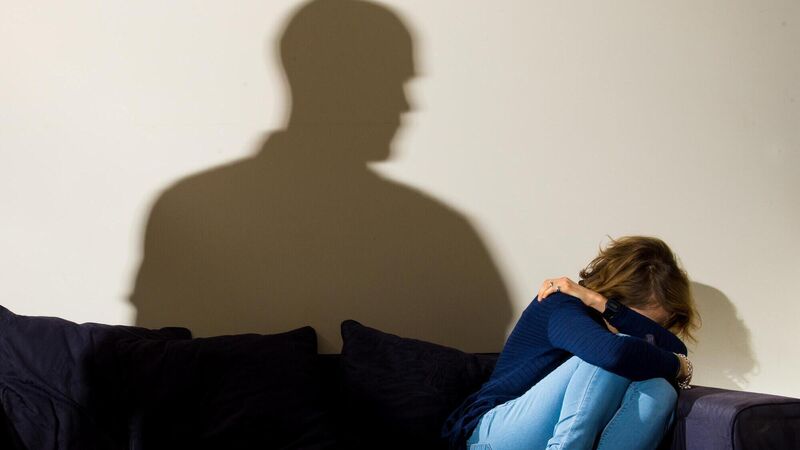Joyce Fegan: Covid-19 did not cause the surge in domestic violence

It is not that Covid-19 has made abusers more abusive, it is that there are more opportunities to abuse. File picture: PA
As we suffer through the second wave of Covid-19, it is fair to say all of us are experiencing elevated stress levels. We are uber conscious of strangers being too close to us in a supermarket aisle, and reports are emerging of rows on public transport and in shops over mask wearing as frayed nerves lead to harsh words.
And the news, it seems, is increasingly violent and bleak, with numerous violent and tragic incidents dominating headlines in recent weeks.












